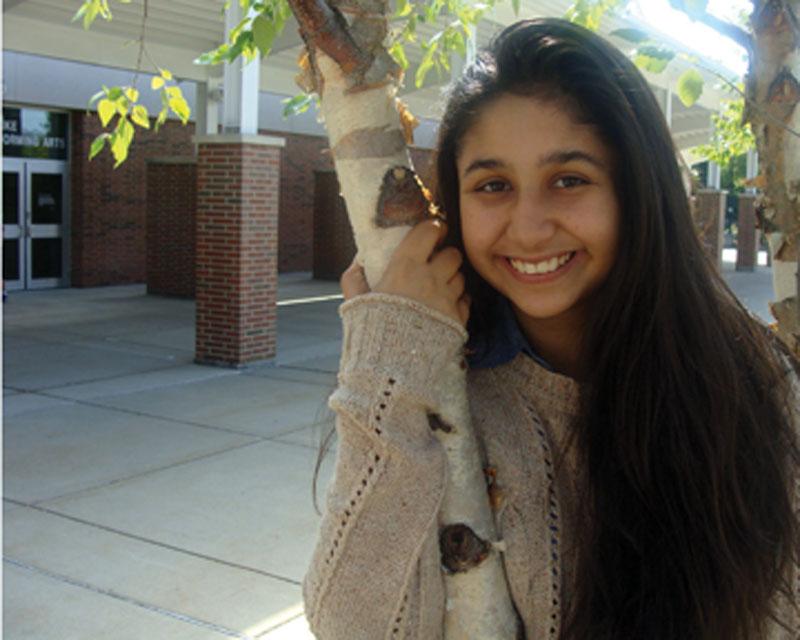 These past few weeks have been laden with fiery political debates, heated altercations and a boatload of disagreements. Outrageous cruelty and an exponentially increasing death toll in Syria has left the rest of the world heavy hearted and quite frankly flabbergasted.
These past few weeks have been laden with fiery political debates, heated altercations and a boatload of disagreements. Outrageous cruelty and an exponentially increasing death toll in Syria has left the rest of the world heavy hearted and quite frankly flabbergasted.
Amidst UN discussions regarding the Syrian crisis, many of us have been formulating our own opinions. Personally, I’ve been swept up in an interminable funnel of questions with no clear answers. Should the United States impose a military insurrection? Should we aid the rebels? Can we avoid another full-blown war?
To tell the truth, I was torn until very recently. Two months ago, I was in Islamabad, Pakistan. It was there, in a country where YouTube is blocked and lawless violence is rampant, where I realized what it truly means to live in Carmel, Indiana. The immensity of our freedoms finally dawned upon me this summer.
In this suburban utopia, we are blessed with a lack of fear. I’m fearless as I write this column. No political party will shoot me dead for opposing it, as is common practice in Pakistan. We have access to an unrestricted amount of information and have the ability to draw our own conclusions from that knowledge—again, a privilege unheard of in rural Pakistan where government officials censor information to keep the citizens uneducated and susceptible to propaganda.
Many of us, myself included, have lived our lives sheltered from this tyranny that is a dark and somber reality for several across the globe.
Although we loudly profess to be a nation of democratic ideals and guard human rights, our generation has rarely experienced anything other than complete and utter freedom. The American Revolution ended over 200 years ago. The union triumphed in the Civil War 150 years ago. The Civil Rights Movement occurred nearly 45 years ago. Evidently, our knowledge about the struggle for freedom stems largely from history books and antiquity.
The fact of the matter is we can sympathize with the Syrian plight, but we can’t empathize with it. We can shed a few tears as we read an online CNN story about the political cartoonist who was kidnapped and pitilessly beaten, but we can’t thoroughly commiserate. We can’t understand his pain or replicate his revolutionary spirit.
We can condemn oppression, but we can’t relate to the misery and distress of the oppressed.
At this moment, rebel forces are fighting for basic human liberties, freedoms we take for granted on a daily basis. Keep in mind, penal codes under the authoritarian regime trump the freedom of speech so far as to prohibit any public or private criticism of the government with fear of reprisal.
Books critical of the regime are ruled illegal. The government closely monitors internet usage, including email and chat rooms. Those who engage in antigovernment activity on the internet are subject to arrest. Activists have reported that they were forced to supply government officials with passwords to their email and social networking accounts. Moreover, approximately 180 websites are blocked in Syria.
Nearly 80,000 human beings have died in a struggle to attain the mere liberty to speak their mind, to state their opinion, to be free. To formulate an educated opinion, the most important thing we have to do is recognize the cause of rebellion. It isn’t something we can conclude on assumption, because, honestly, most of us don’t have anything domestic or personal to relate it to.
We can’t be ignorant to the Syrian plight; we have to educate ourselves before imposing our opinions. Too much of the decision making process has been weighed on the effects of involving action or lack of, and a very minimal weight has been allotted to truly understanding the struggle.
The views in this column do not necessarily reflect the views of the HiLite staff. Reach Maham Nadeem at mnadeem@hilite.org.















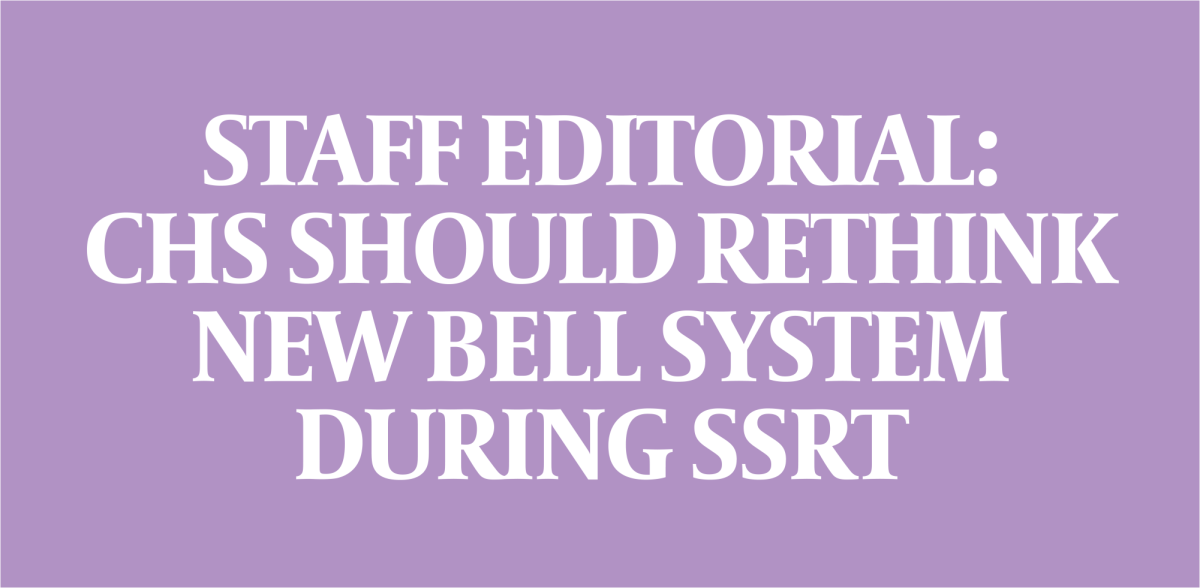
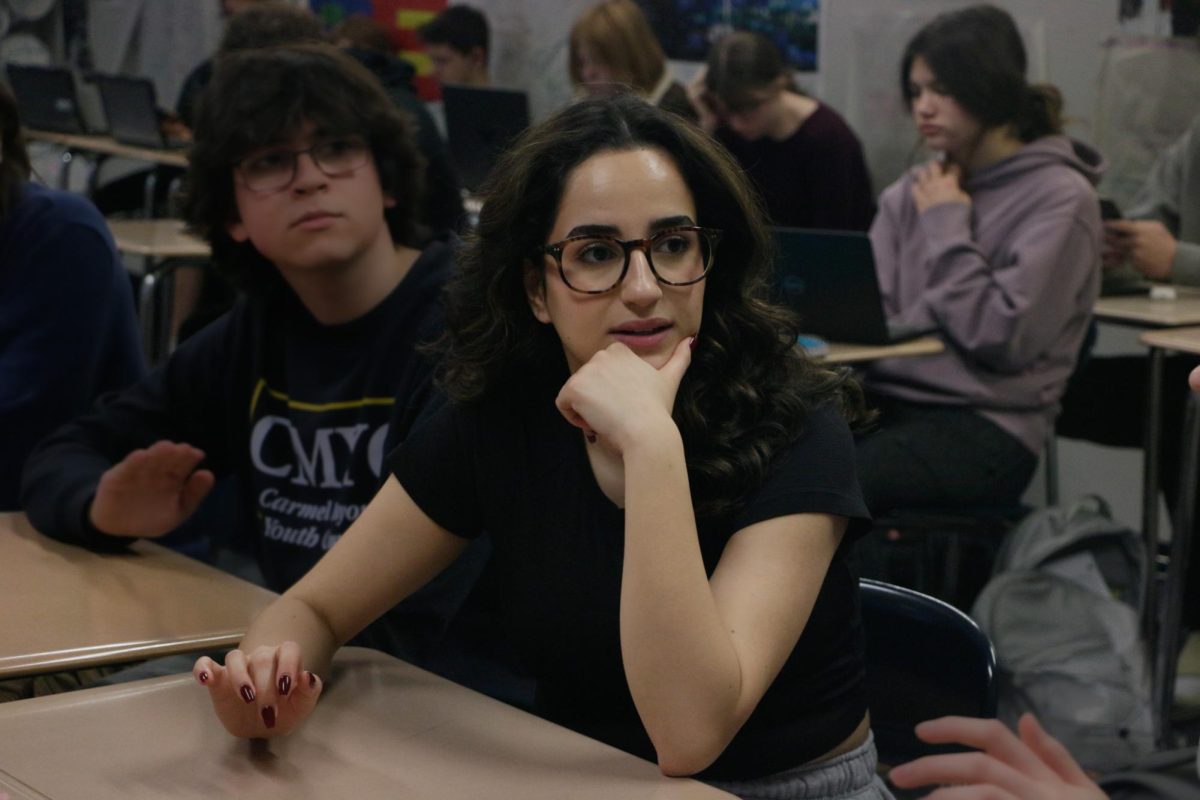

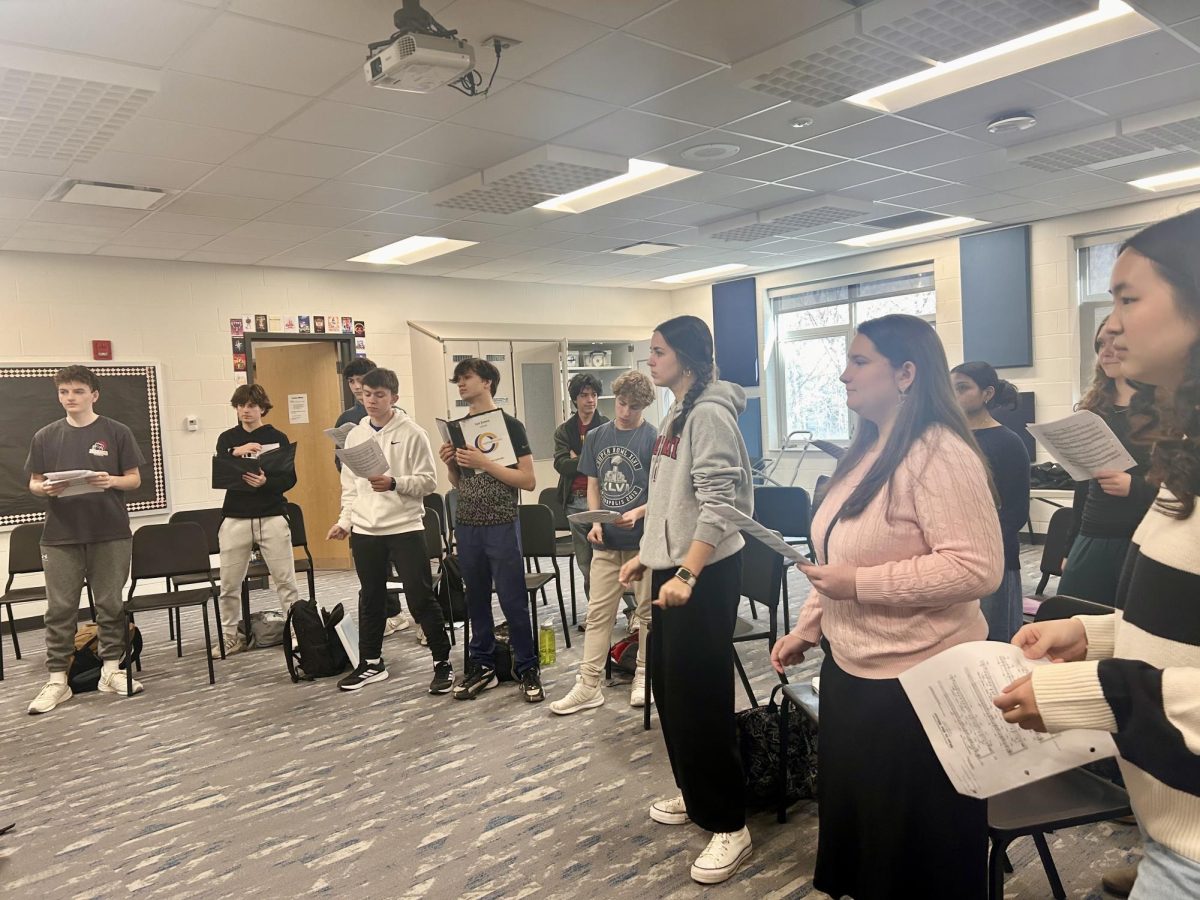

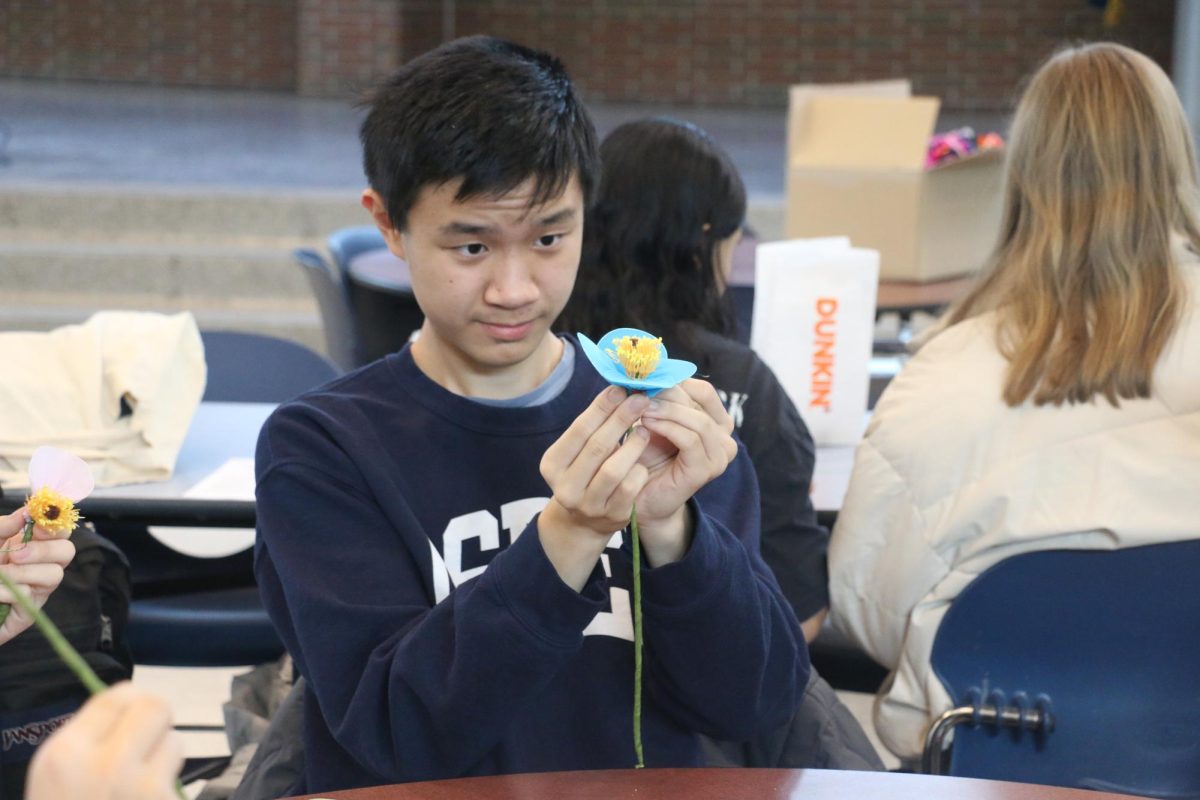




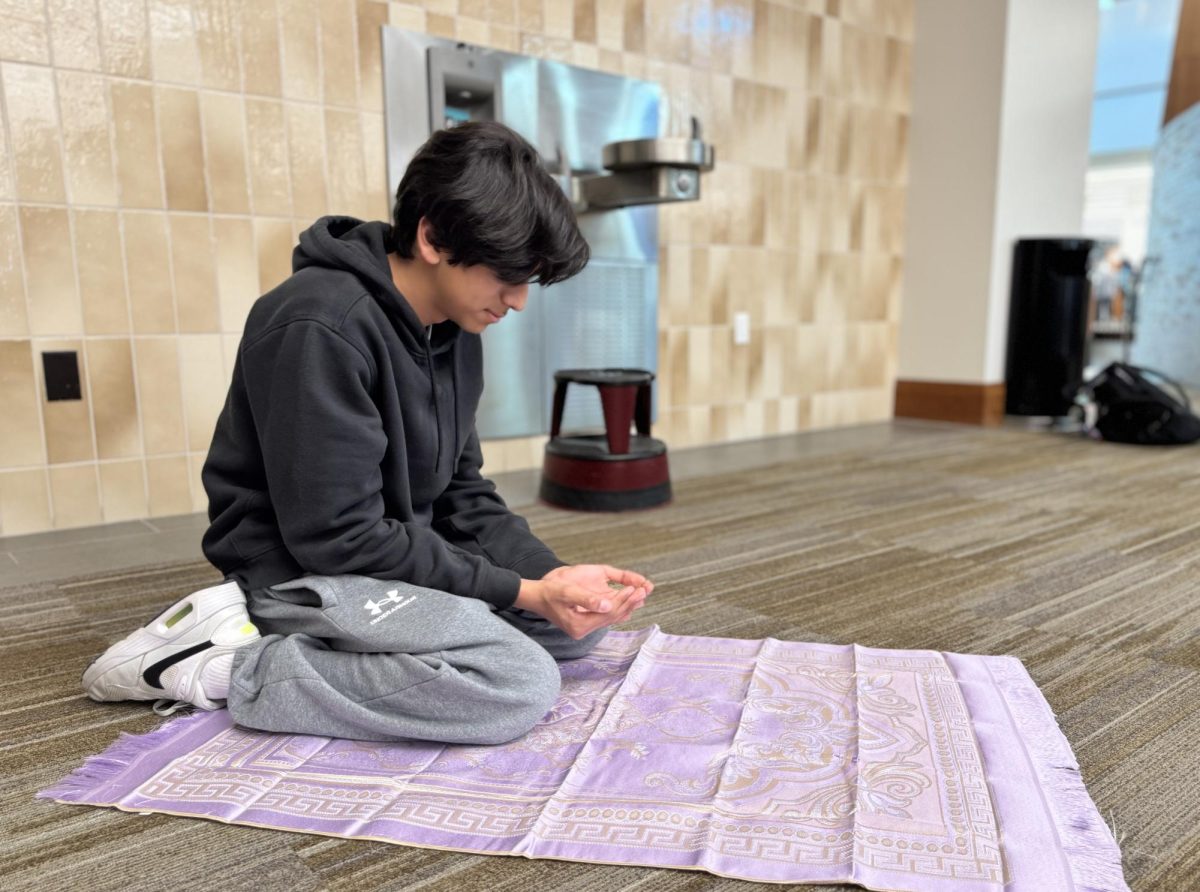





![AI in films like "The Brutalist" is convenient, but shouldn’t take priority [opinion]](https://hilite.org/wp-content/uploads/2025/02/catherine-cover-1200x471.jpg)


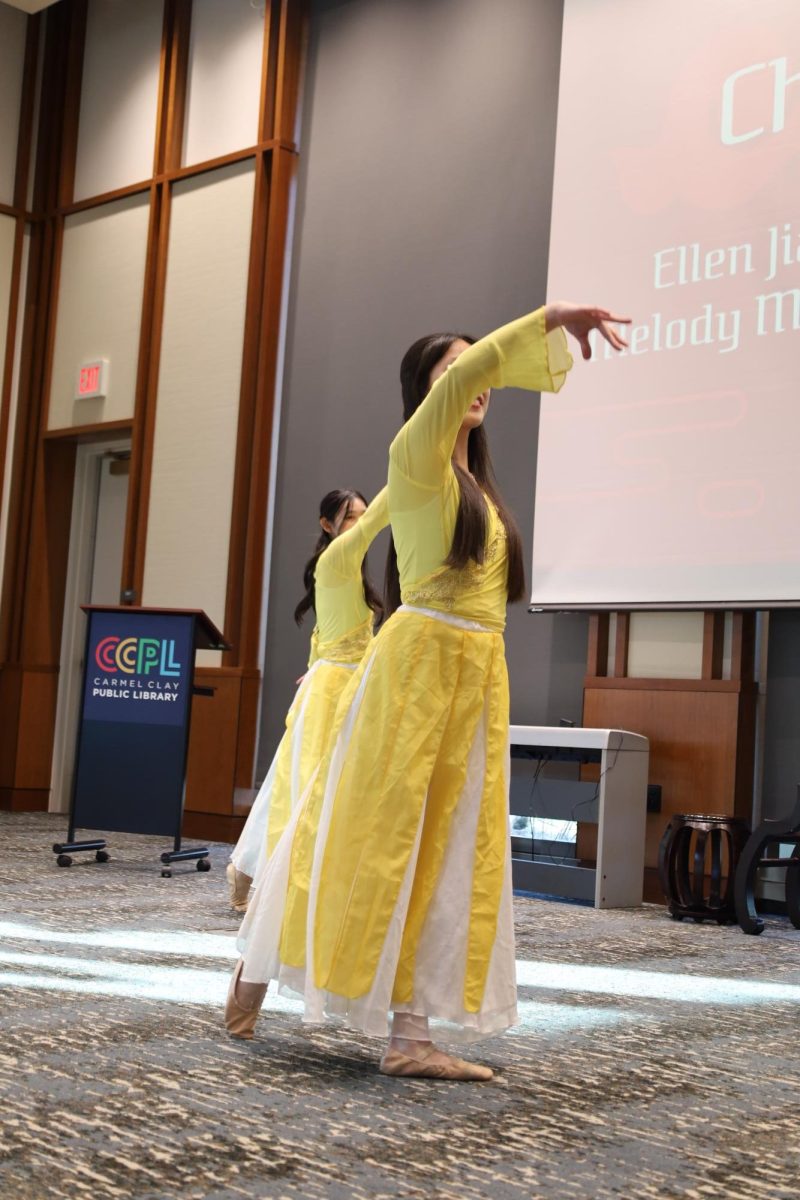










































![Review: “The Immortal Soul Salvage Yard:” A criminally underrated poetry collection [MUSE]](https://hilite.org/wp-content/uploads/2025/03/71cju6TvqmL._AC_UF10001000_QL80_.jpg)
![Review: "Dog Man" is Unapologetically Chaotic [MUSE]](https://hilite.org/wp-content/uploads/2025/03/dogman-1200x700.jpg)
![Review: "Ne Zha 2": The WeChat family reunion I didn’t know I needed [MUSE]](https://hilite.org/wp-content/uploads/2025/03/unnamed-4.png)
![Review in Print: Maripaz Villar brings a delightfully unique style to the world of WEBTOON [MUSE]](https://hilite.org/wp-content/uploads/2023/12/maripazcover-1200x960.jpg)
![Review: “The Sword of Kaigen” is a masterpiece [MUSE]](https://hilite.org/wp-content/uploads/2023/11/Screenshot-2023-11-26-201051.png)
![Review: Gateron Oil Kings, great linear switches, okay price [MUSE]](https://hilite.org/wp-content/uploads/2023/11/Screenshot-2023-11-26-200553.png)
![Review: “A Haunting in Venice” is a significant improvement from other Agatha Christie adaptations [MUSE]](https://hilite.org/wp-content/uploads/2023/11/e7ee2938a6d422669771bce6d8088521.jpg)
![Review: A Thanksgiving story from elementary school, still just as interesting [MUSE]](https://hilite.org/wp-content/uploads/2023/11/Screenshot-2023-11-26-195514-987x1200.png)
![Review: "When I Fly Towards You", cute, uplifting youth drama [MUSE]](https://hilite.org/wp-content/uploads/2023/09/When-I-Fly-Towards-You-Chinese-drama.png)
![Postcards from Muse: Hawaii Travel Diary [MUSE]](https://hilite.org/wp-content/uploads/2023/09/My-project-1-1200x1200.jpg)
![Review: "Ladybug & Cat Noir: The Movie," departure from original show [MUSE]](https://hilite.org/wp-content/uploads/2023/09/Ladybug__Cat_Noir_-_The_Movie_poster.jpg)
![Review in Print: "Hidden Love" is the cute, uplifting drama everyone needs [MUSE]](https://hilite.org/wp-content/uploads/2023/09/hiddenlovecover-e1693597208225-1030x1200.png)
![Review in Print: "Heartstopper" is the heartwarming queer romance we all need [MUSE]](https://hilite.org/wp-content/uploads/2023/08/museheartstoppercover-1200x654.png)


